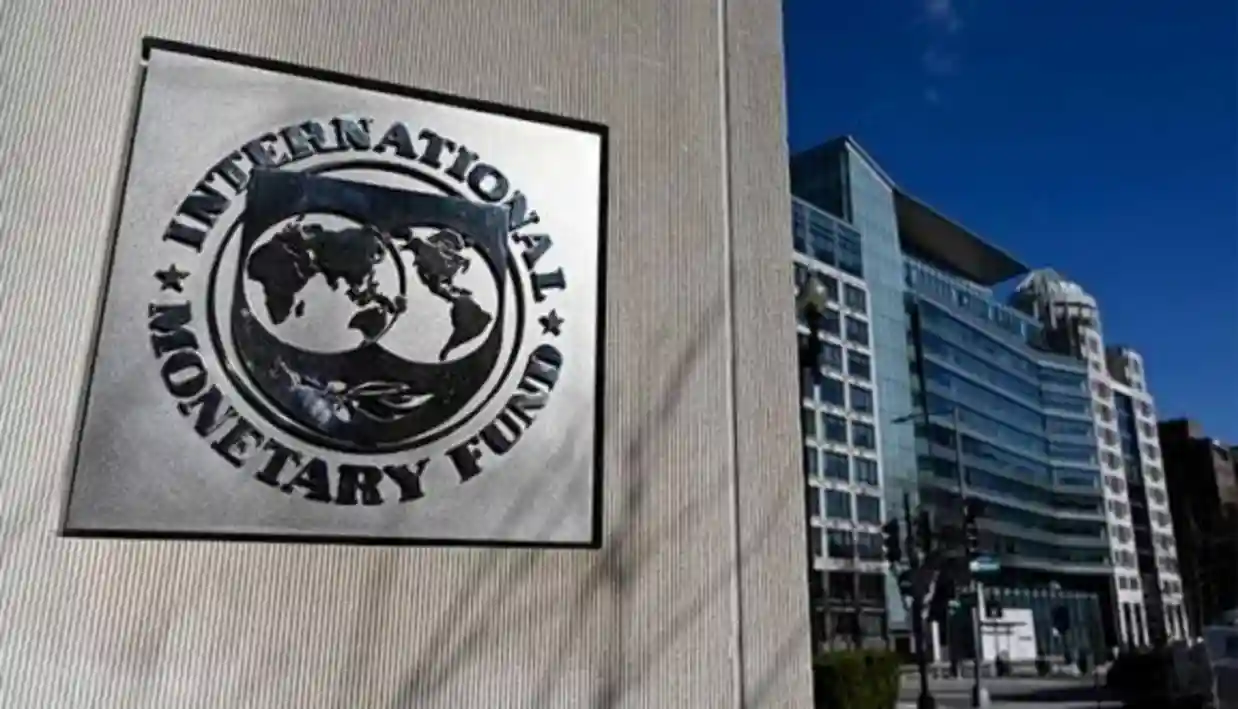The Federal Government of Nigeria has requested technical support from the International Monetary Fund (IMF) to help create a transparent fuel price modulation framework. This new framework is intended to cushion domestic price shocks and bolster the country’s fiscal stability.
Dr. Emeka Vitalis Obi, the Permanent Secretary of the Ministry of Petroleum Resources, made this announcement in Abuja during a joint engagement with the Ministry and its regulatory bodies. The session included officials from the Nigerian Upstream Petroleum Regulatory Commission (NUPRC), the Nigerian Midstream and Downstream Petroleum Regulatory Authority (NMDPRA), and the IMF’s Fiscal Affairs Department (FAD) Technical Assistance Mission on Climate Policy.
Dr. Obi explained that the collaboration with the IMF is part of Nigeria’s ongoing efforts to strengthen its fiscal system and safeguard the country from the impacts of global energy market fluctuations. He stated, “The Federal Government is seeking the continued technical support of the IMF’s Fiscal Affairs Department in designing a transparent and resilient price modulation mechanism that will help cushion domestic price shocks, insulate markets from extreme global volatility, and preserve fiscal discipline.”
The Permanent Secretary emphasized that this initiative is crucial for maintaining economic discipline, especially in the aftermath of the COVID-19 pandemic. The IMF mission is seen as timely and strategic, aligning with government efforts to manage fiscal pressures linked to climate change and continue energy sector reforms.
Dr. Obi also reaffirmed that the removal of the general fuel subsidy was a necessary measure to restore fiscal stability. This policy shift will allow the government to redirect public spending toward critical areas such as infrastructure, social welfare, and sustainable energy development.
On Nigeria’s environmental initiatives, Dr. Obi highlighted the Nigeria Gas Flare Commercialisation Programme (NGFCP) and emerging carbon-credit frameworks. These efforts aim to eliminate routine gas flaring, reduce methane emissions, and promote the use of gas in power generation, fertilizer production, and Compressed Natural Gas (CNG) markets. “These initiatives align with Nigeria’s Nationally Determined Contributions (NDCs) under the Paris Agreement and global ESG standards,” he added.
He called for continued IMF partnership, both technical and financial, to enhance fiscal analysis, climate policy modeling, and carbon pricing strategies.
Mr. Diego Mesa, leader of the IMF Technical Team, praised the Ministry for providing a comprehensive overview of Nigeria’s energy and fiscal landscape. He noted that the mission would focus on fiscal reforms, sustainable development, and climate policy, with particular attention to fossil fuel and carbon taxation.
Officials from NUPRC and NMDPRA reiterated their commitment to eliminating gas flaring, refining tariff frameworks, and ensuring a balance between investor returns and consumer protection.

